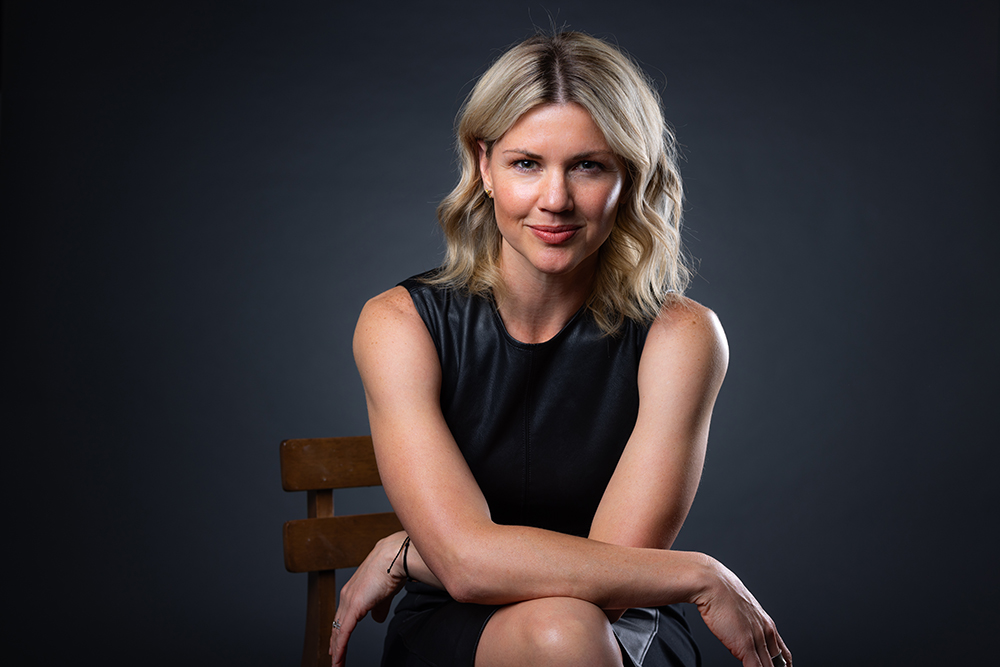
Episode 106
Does More Money Equal More Happiness?
What is the key question we should all be asking in the pursuit of true financial wellbeing?
Podcast (podcasts): Play in new window | Download (Duration: 26:58 — 61.6MB) | Embed

The guys dive into the age-old question: Does more money equal more happiness? Join them as they navigate contrasting findings of renowned academics Daniel Kahneman and Matthew Killingsworth. Get ready to challenge conventional wisdom and discover the key question we should all be asking in the pursuit of true financial wellbeing. As ever a thought provoking episode with a light-hearted #tightasstommo money saving tip.
Welcomes & Introductions
- The Financial Wellbeing Book has been updated and re-issued
- Want to work with Producer Tommo and a like minded team? Come and have a chat with Ovation
What’s on Todays Podcast?
Exploring the age old question, does more money make you more happy?
Tight Ass Tommo
A recap of the #tightasstommo origin story
Featuring a grocery theme with the avoidance of brands, the world food aisle in supermarkets and shopping around.
Top tip – Check out Your Prime on Amazon, for exclusive offers
Does more money equal more happiness?
Research by Daniel Kahneman states – after a certain level, more money doesn’t make you more happy. However, research by Matthew Killingsworth says – people with more money did report being more happy.
Daniel Kahneman
- Professor at Princeton University, Nobel laureate and Co-authored “Thinking, Fast And Slow.”
- Conducted a 2010 study with Angus Deaton titled “Does Money Buy Happiness?” surveying 450,000 individuals. Aimed to offer a definitive answer on money’s relationship with happiness.
- Identified two wellbeing types: Experienced and evaluated.
- Low income associates with low wellbeing.
- Evaluated wellbeing rises with income, peaking at $75,000.
- Conclusion: High income correlates with life satisfaction, not happiness.
Matthew Killingsworth
- University of Pennsylvania researcher.
- Conducted a study based on data from over 1 million reports by 34,000 employed US adults.
- Criticized previous studies for not collecting real-time data on experienced wellbeing.
- Used smartphones to gather genuinely in-the-moment responses.
- Results aligned partially with previous studies:
- Evaluated wellbeing increases with income.
- Conclusion: experienced wellbeing also rises with income, without limit.
Two respected academics, two surveys suggesting the opposite thing. What happens next?
Adversarial Collaboration – they focused on the disagreement in their findings
Their conclusion
They both had wrong assumptions. Turns out some people are always unhappy and some are always happy
Link to Episode 104 – Crack the Happiness Code with Set Point Theory
Conclusions From the Guys
Asking does more money make us more happy is the wrong question. We should be asking what makes us happy first, and then seeing how our approach to money may help us achieve this.
Do you have any financial wellbeing questions you would like us to answer? Or do you have a #tightasstommo money saving tip you would like to share with our listeners?
If so, let us know by going to X/Twitter @Finwellbeing or email – enquiries@ovationys.wpenginepowered.com
Podcast (podcasts): Play in new window | Download (Duration: 26:58 — 61.6MB) | Embed
Do you have any financial wellbeing questions you would like us to answer? Or do you have a #tightasstommo money saving tip you would like to share with our listeners?
If so, let us know by going to Twitter @Finwellbeing or email – contact@financialwell-being.co.uk
If you would like to purchase a copy of The Financial Wellbeing Book please click on this link to visit Penny Brohn UK shop







